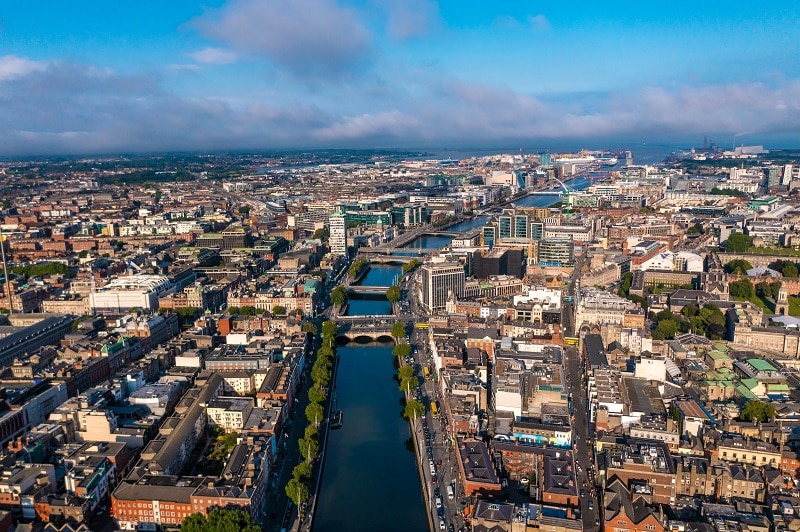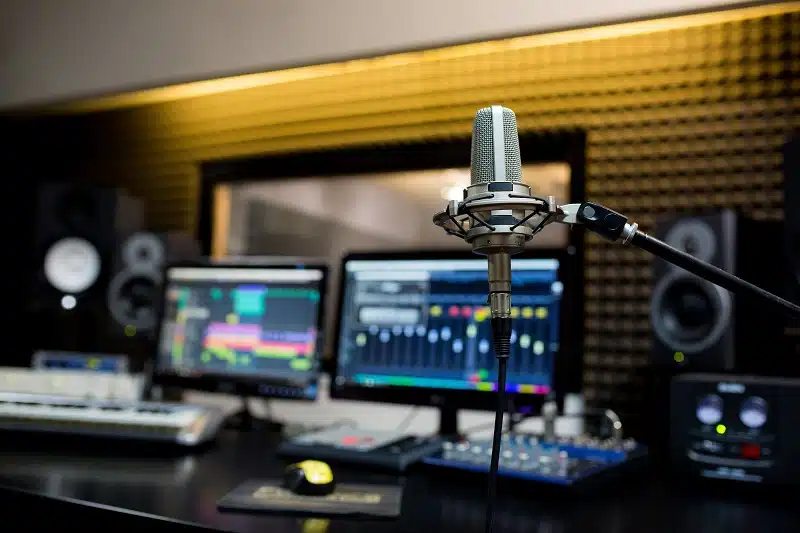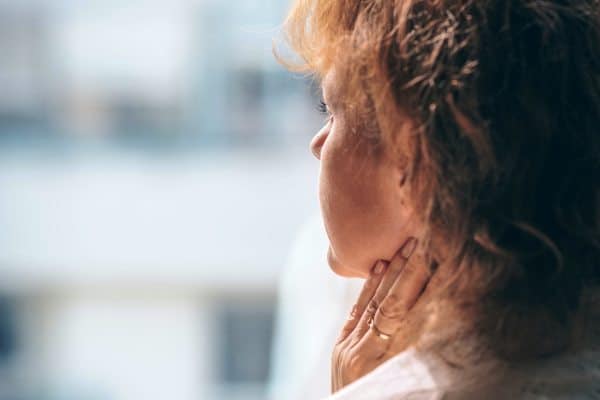More than four in ten Irish adults admit to feeling lonely and down amid the seemingly endless restrictions imposed by the government over recent week in a bid to quell a once-in-a-lifetime global pandemic.
The first major investigation into how people are coping with the crisis reveals that loneliness, anxiety and depression are all exponentially high.
Research was conducted by eminent scholars from Maynooth University, Trinity College Dublin, Ulster University, Edinburgh Napier University and the University of Sheffield.
More than 1,000 adults completed the survey, which was launched on March 31, a month after the first confirmed case of the virus here, and 19 days after Taoiseach Leo Varadkar announced restrictions including the closing of schools.
Researchers also learned that people who have lost income are 60% more likely to meet the diagnosis of depression or anxiety.
In addition, people who had a confirmed or suspected Covid-19 infection were more than four times as likely as someone who hadn’t experienced it to meet the criteria for depression or anxiety.
One of the researchers Dr Frédérique Vallières of TCD said despite encouraging results in people’s understanding of Covid-19, attitudes to the uptake of a potential vaccine were “worryingly low”.
Only 65% of respondents said they would accept a vaccine for themselves or their children. Participants were asked: ‘If a new vaccine were to be developed that could prevent Covid-19, would you accept it for yourself and your child/children or close relatives?’
“One-in-four people did say, however, that they might accept a vaccine for themselves and their child, compared to one-in-ten people who said they would not,” Vallières said. “A better understanding of why people might be hesitant to accept a Covid-19 vaccine, if and when it is developed, is required.”









